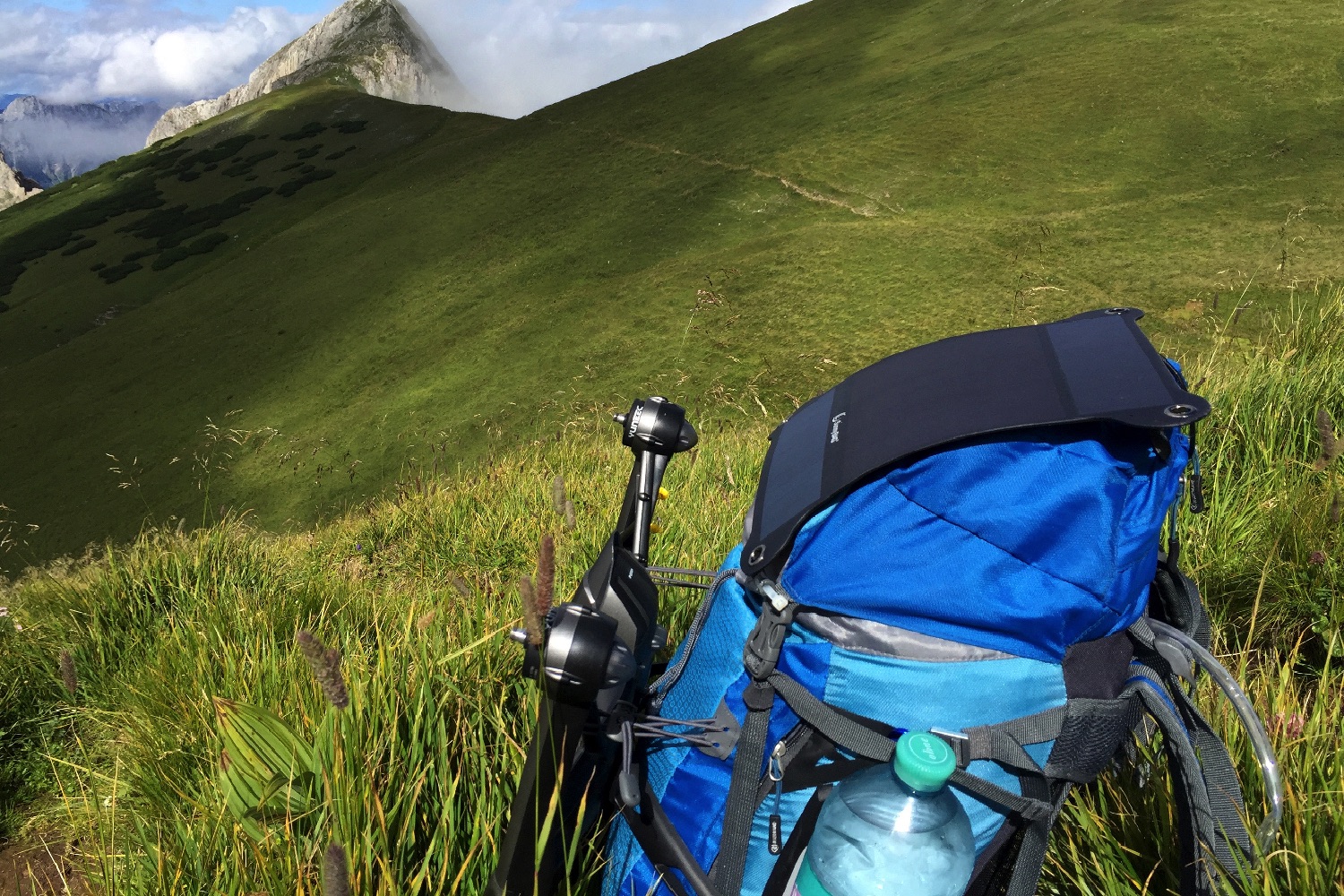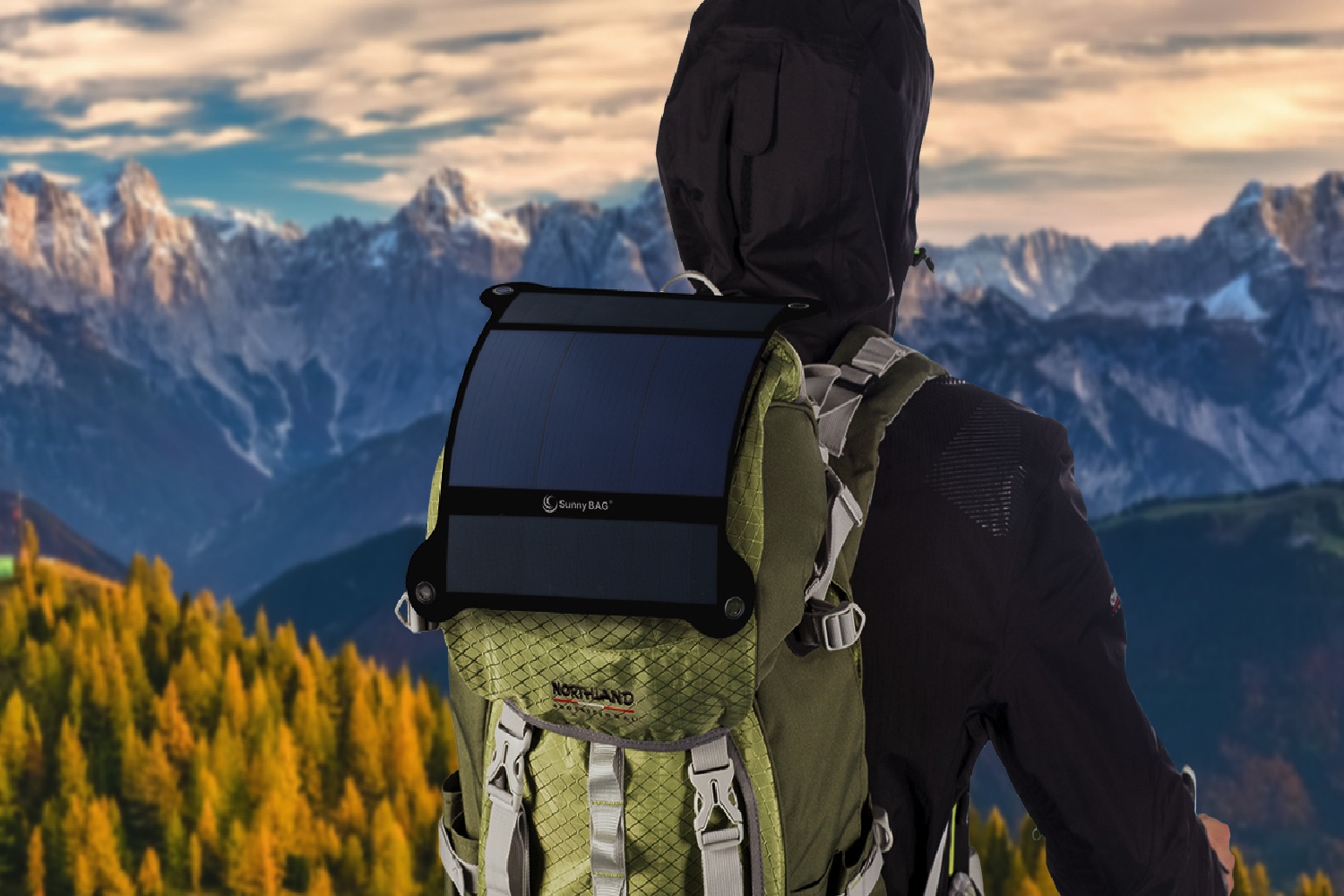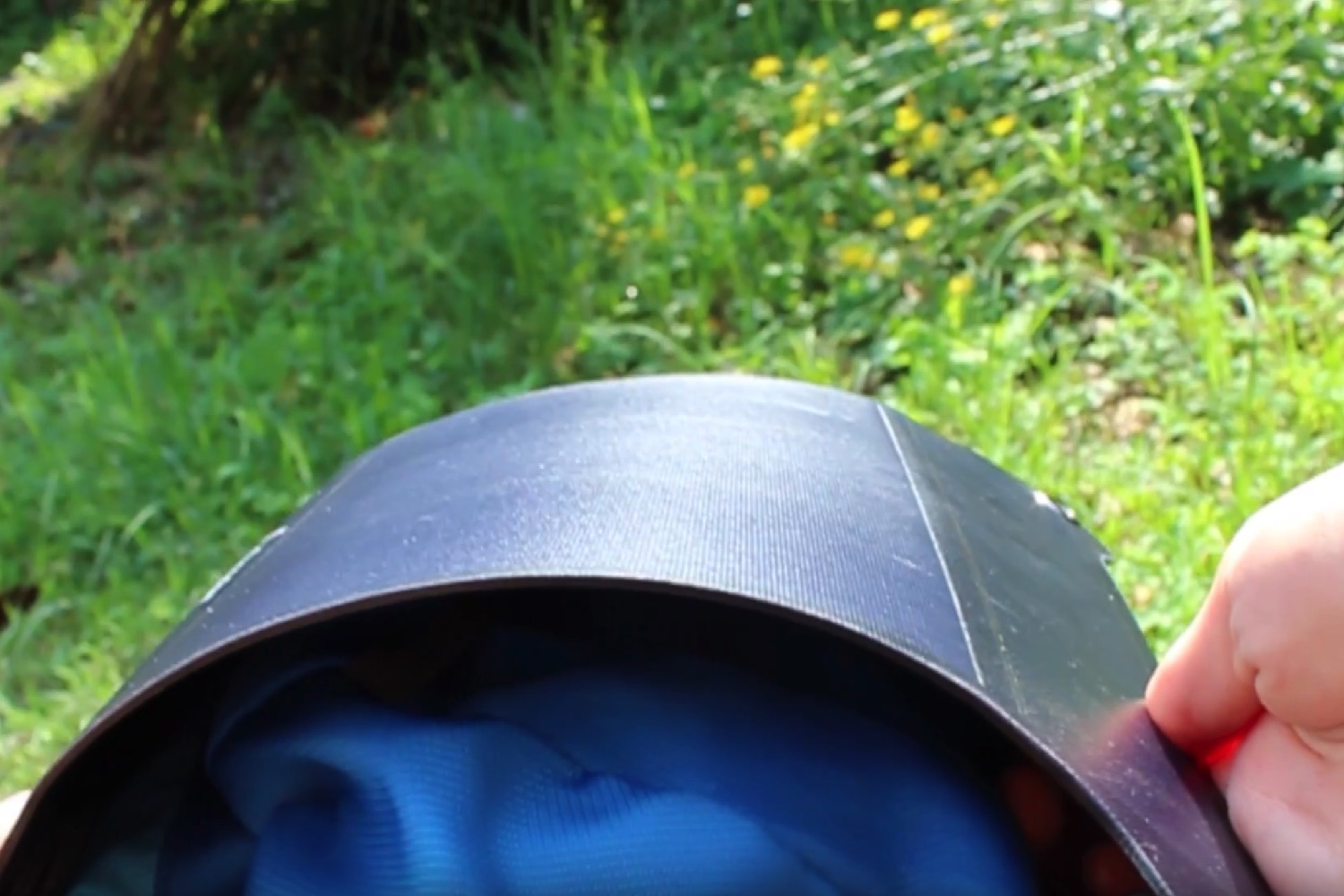That challenge becomes even more important if you’re the kind of active person who relies on your smartphone or another gadget when climbing a mountain, or carrying out some other equally impressive physical task that doesn’t provide very many opportunities to charge your phone.
A new Kickstarter project aims to solve that problem with a 6-watt flexible solar panel that weighs less than 200 grams and can be strapped right onto your backpack. The so-called SunnyBag LEAF+ offers the world’s lightest flexible outdoor solar system — making it perfect for keeping everything from your smartphone to your digital camera properly juiced when you’re on the go.
“We’ve always been interested in creating environmentally friendly solutions for the mobile energy supply problem,” Stefan Ponsold, SunnyBag’s founder, told Digital Trends. “That’s been our vision since day one.”
The company’s mission began four years ago, when Ponsold was approached by the organization Doctors Without Borders to create an easily portable solar charging system. “They needed something lightweight and robust …,” he recalled. “As a result, we came up with the first LEAF prototype product. The response was so positive that at the end of 2013, we rolled it out into the market place.”
Plenty of satisfied feedback later, and SunnyBag is now back with that product’s direct sequel: the LEAF+.
“We stuck with the same design, the same size, the same weight, but improved the efficiency of the solar system,” Ponsold said. “Already, there had been a lot new technologies since two years ago. We had to decide whether we’d use high-efficient monocrystalline cells, or stick with the flexible technology we had been using. In the end, we decided we didn’t want A or B, we wanted A and B in one product. We decided to put highly efficient, monocrystalline “sunpower” solar cells with an efficiency of 22.4 percent on the top and the bottom of the device. They’re not flexible but they have a very high output. Then in the middle part, which is the bit that bends if you put it on top of your backpack, we chose to stick with a slightly improved version of the flexible panel we’d used before.”
If you’re interested in getting hold of a unit, you can do so for a pledge of just 74 euros ($83 U.S.), which includes a 4.000mAh PowerBank. Ponsold said the product will suit anyone who’s regularly pursues outdoor activities for more than 2 or 3 hours at a time. “If you’re not going to be near a power plug, this is for you,” he concluded.
Well, that covers our ‘Pokémon Go’ habit — err, we mean our extreme mountain-climbing hobby.







